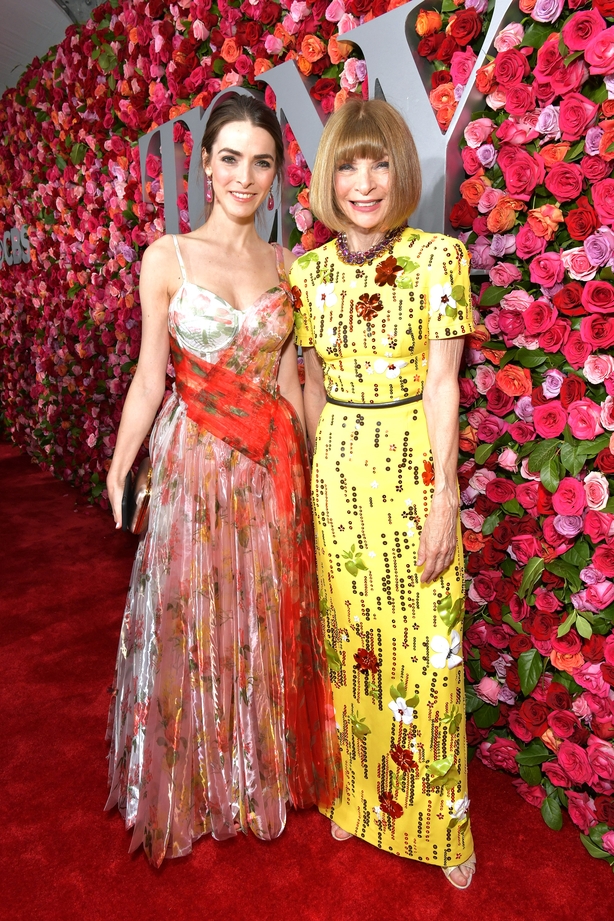Anna Wintour, the veteran editor at US Vogue, has acknowledged that the publication has not given enough space to black people, both in front of the lens and behind it.
Vogue is just one of the many legacy media publications now being examined for their lack of diversity, equal opportunities and contribution to harmful racial stereotypes, after the death of George Floyd, a black man who died after a white police office knelt on his neck for over eight minutes.
Her apology came on the heels of controversy at Condé Nast, Vogue's publishing company, as the editor in chief of food magazine Bon Appetit resigned after a photo emerged of him in brown face – followed by stories of inequality and discrimination towards employees and contributors of colour.

Condé Nast also owns the New Yorker, Glamour and GQ, among many other influential publications.
Wintour acknowledged the role Vogue has played in perpetuating negative stereotypes through stories and photos that were "intolerant and hurtful",
In the company-wide internal memo, Wintour apologised for not giving "space" to black people, both in front of the lens and behind it.
"I want to say plainly that I know Vogue has not found enough ways to elevate and give space to black editors, writers, photographers, designers and other creators. We have made mistakes too, publishing images or stories that have been hurtful or intolerant. I take full responsibility for those mistakes."
Roger Lynch, CEO, just told staff re: pay and diversity "truthfully, if these concerns had been brought up earlier, we could have dealt with them sooner."
— Elizabeth Thompson (@BizzyT) June 9, 2020
According to Page Six, the memo continues: ''I want to start by acknowledging your feelings and expressing my empathy towards what so many of you are going through: sadness, hurt, and anger too.
''I want to say this especially to the black members of our team - I can only imagine what these days have been like. But I also know that the hurt, and violence, and injustice we're seeing and talking about have been around for a long time.
"Recognising it and doing something about it is overdue.
''I want to say plainly that I know Vogue has not found enough ways to elevate and give space to black editors, writers, photographers, designers and other creators."
Wintour – who has been editor in chief for 32 years – allegedly writes that Vogue has been guilty of "publishing images or stories that have been hurtful or intolerant", for which she takes full responsibility.
''It can't be easy to be a black employee at Vogue, and there are too few of you. I know that it is not enough to say we will do better, but we will -- and please know that I value your voices and responses as we move forward. I am listening and would like to hear your feedback and your advice if you would like to share either."
I will say this: my time at Vogue, at Condé Nast, was the most challenging + miserable time of my career — The bullying + testing from white counterparts, the completely thankless work, the terrible base pay + the racism was exhausting.
— Shelby Ivey Christie (@bronze_bombSHEL) June 9, 2020
Former Vogue and Condé Nast employees have been vocal about their experiences online, with many people of colour detailing bullying and "thankless work".
Shleby Ivey Christie, a fashion and costume historian, is one former employee who has shared her story, writing on Twitter that "the racism was exhausting". Zara Rahim, wrote that she "got a $5k raise for my promotion to a director title and still was paid nearly $50k less than the white woman who had the job before me".
While black models and models of colour have featured in the magazine's pages for decades, such as supermodels Naomi Campbell and Iman, it wasn't until 2018 that a black photographer – Tyler Mitchell – shot the front cover for a cover story on Beyoncé.

